Home>Home Maintenance>How Long Does Home Inspection Report Take
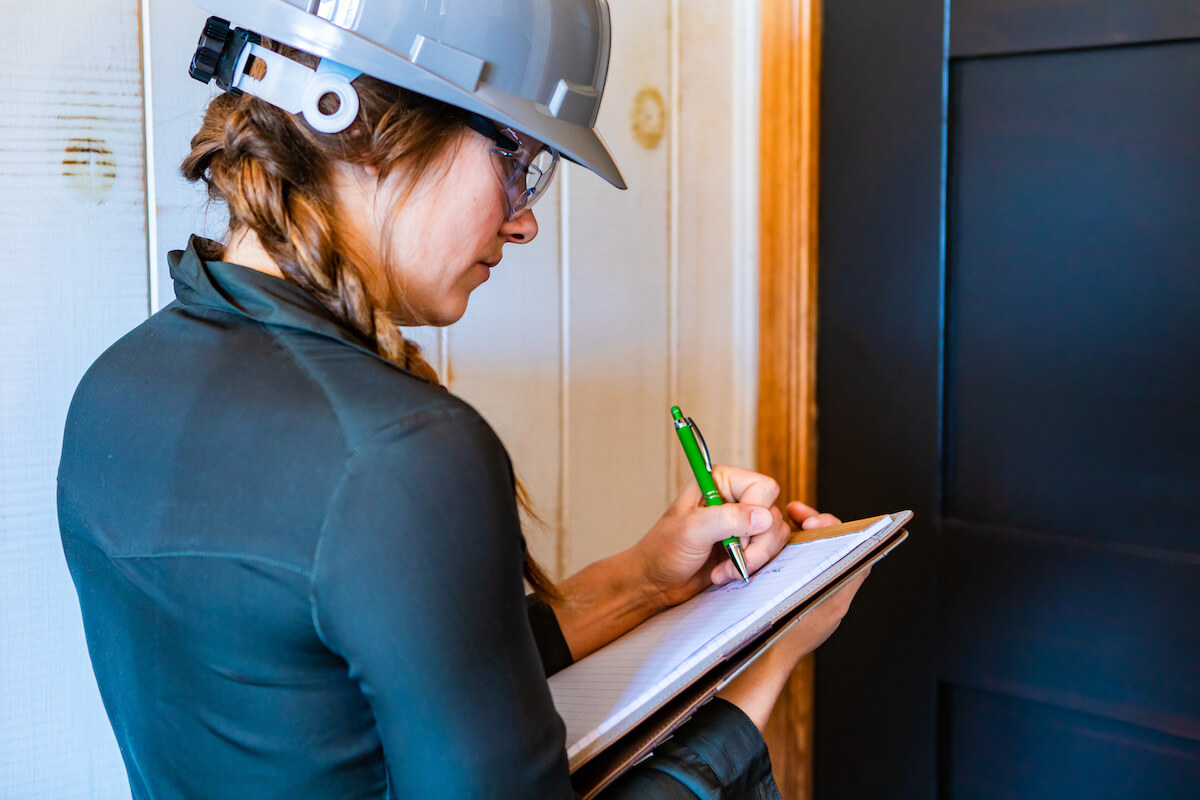

Home Maintenance
How Long Does Home Inspection Report Take
Modified: August 17, 2024
Find out how long it takes to get your home inspection report. Expert advice on home maintenance and tips to ensure a hassle-free inspection process.
(Many of the links in this article redirect to a specific reviewed product. Your purchase of these products through affiliate links helps to generate commission for Storables.com, at no extra cost. Learn more)
Introduction
Welcome to the world of home maintenance! As a homeowner, it is essential to keep your property in top shape, not only for your comfort but also for the long-term value of your investment. One key aspect of home maintenance is conducting regular home inspections. These inspections help identify any potential issues or areas in need of repair or improvement.
Once the home inspection is complete, a detailed report is compiled to provide you with a comprehensive overview of the condition of your property. This report serves as a vital tool in understanding the current state of your home and what steps may need to be taken to address any concerns.
In this article, we will explore the importance of a home inspection report, the factors that can affect the timeframe for its completion, and provide you with some tips on how to efficiently handle your home inspection reports.
Key Takeaways:
- Home inspection reports are essential for identifying issues, ensuring safety, assessing property value, planning for maintenance, and providing peace of mind to homeowners and buyers.
- The typical duration for completing a home inspection report is 24 to 48 hours, but variations can occur based on property size, accessibility, complexity of findings, and communication with the inspector.
What is a Home Inspection Report?
A home inspection report is a detailed document that provides an assessment of the condition of a property. It is typically generated by a professional home inspector who conducts a thorough examination of various components of the home, including the structure, electrical systems, plumbing, HVAC systems, roofing, and more.
The report serves as a comprehensive record of the inspector’s findings, detailing any potential issues, safety hazards, or maintenance recommendations. It may include photographs, descriptions, and specific observations about the condition of each area or system inspected.
When it comes to buying or selling a home, the home inspection report carries significant weight. For potential buyers, the report helps uncover any hidden problems or maintenance issues that could affect the value or liveability of the property. It provides important information for negotiation and decision-making.
On the other hand, sellers can benefit from a home inspection report by gaining insight into areas that may need attention before listing the property. Addressing any identified issues beforehand can help streamline the selling process and potentially increase the value of the home.
It’s important to note that a home inspection report is not a pass or fail document. Instead, it provides a thorough assessment of the condition of the property at the time of inspection, allowing homeowners to make informed decisions about necessary repairs or improvements.
Now that we understand what a home inspection report is, let’s explore why it is so crucial for homeowners and buyers alike.
Importance of a Home Inspection Report
The importance of a home inspection report cannot be overstated. Here are several key reasons why it is essential for both homeowners and homebuyers:
1. Identifying Issues
A home inspection report provides a detailed analysis of the property’s condition. It helps identify any existing or potential issues, such as structural problems, electrical hazards, plumbing leaks, or roof damage. By uncovering these issues early on, homeowners can address them promptly, avoiding more significant problems down the road.
2. Ensuring Safety
A home inspection report not only highlights structural and maintenance issues but also brings attention to any safety concerns within the property. This can include faulty wiring, inadequate ventilation, or potential fire hazards. Addressing these safety hazards promptly is crucial for the well-being of residents and can prevent accidents or injuries.
Read more: Home Inspection: How Long Does It Take
3. Assessing the Property’s Value
For prospective homebuyers, a home inspection report is an invaluable tool in determining the true value of a property. The report can help identify any hidden defects or maintenance issues that may impact the overall value or future costs of owning the home. Armed with this knowledge, homebuyers can make informed decisions about their purchase and negotiate repairs or pricing accordingly.
4. Planning for Maintenance and Repairs
A home inspection report provides homeowners with a roadmap for future maintenance and repairs. It identifies areas that may require attention or upgrades, allowing homeowners to budget and plan for these expenses. By staying proactive in maintaining the property, homeowners can extend its lifespan, increase its value, and minimize the chance of costly repairs in the future.
5. Peace of Mind
A thorough home inspection report gives homeowners and buyers peace of mind knowing that a professional has assessed the property and provided a comprehensive evaluation. It helps alleviate any doubts or uncertainties about the condition of the property, allowing homeowners to move forward confidently with their investment.
Now that we understand the importance of a home inspection report, let’s explore the factors that can affect the timeframe for completing these reports.
Factors Affecting the Time Frame
The timeframe for completing a home inspection report can vary based on several factors. It’s important to understand these factors to manage your expectations and ensure a smooth and efficient process. Here are some key elements that can influence the time it takes to complete a home inspection report:
Read more: How Long Does It Take To Clean A Dryer Vent
1. Size and Complexity of the Property
The size and complexity of the property being inspected play a significant role in determining the time required to complete the inspection and generate the report. Larger homes or properties with intricate structural components, multiple HVAC systems, or extensive outdoor areas may take longer to thoroughly examine and document.
2. Accessibility of Areas to Inspect
The accessibility of different areas within the property can impact the inspection process. If certain areas are difficult to reach, such as crawl spaces, attics, or tight corners, it may take more time for the home inspector to navigate through and assess these spaces properly.
3. Age and Condition of the Property
The age and condition of the property can also influence the time required for a home inspection report. Older homes or properties with significant wear and tear may require more thorough inspections to identify potential issues or safety hazards. Conversely, newer properties with fewer potential problems may be quicker to inspect.
4. Accessibility to Utility Systems
The accessibility and availability of utility systems, such as electrical panels, plumbing lines, or HVAC units, can impact the time it takes to conduct a comprehensive inspection. If these systems are difficult to access or if there are restrictions in place, it may prolong the inspection process and delay the completion of the report.
5. Inspector’s Experience and Workload
The experience and workload of the home inspector can also affect the time frame for completing the report. Highly experienced inspectors may be able to conduct inspections more efficiently and complete reports in a shorter period. Additionally, if the inspector has a busy schedule with multiple inspections, it may take longer for them to complete your report.
It’s important to communicate with your chosen home inspector about these factors and any specific concerns you may have. This will help set expectations and ensure a smooth and timely process for both parties involved. Next, we will explore the typical duration for a home inspection report.
Typical Duration for a Home Inspection Report
The duration for completing a home inspection report can vary depending on the factors mentioned earlier. However, on average, a typical home inspection report takes between 24 to 48 hours to generate following the inspection itself.
Once the home inspector has completed the on-site assessment of the property, they will compile their findings, observations, and recommendations into a comprehensive report. This process involves reviewing their notes, organizing photographs, and preparing a detailed written analysis.
The length of the report itself can vary based on the size and complexity of the property, as well as the thoroughness of the inspection. While some reports may be relatively short and focused primarily on key findings, others may be more detailed and provide extensive descriptions of each inspected area or system.
It’s worth noting that the aim of a home inspection report is not to generate a quick, superficial summary. Instead, it is designed to provide homeowners and buyers with a comprehensive and accurate representation of the property’s condition.
During the report preparation, the home inspector will carefully review their findings and ensure that all critical issues or safety concerns are adequately addressed. They may include recommendations for repairs, suggested maintenance tasks, or even potential areas of concern that may require further evaluation by specialists in specific fields.
Once the report is complete, it should be delivered to the homeowner or buyer in a timely manner. This usually involves sending the report electronically via email or providing access to an online portal. In some cases, a physical copy may be provided upon request.
It is important to note that the duration for completing a home inspection report can vary depending on the workload of the home inspector, the complexity of the property, and other external factors. Therefore, it’s a good idea to discuss the expected timeline with your chosen home inspector before scheduling the inspection.
Next, let’s explore some common variations in the time it takes to complete a home inspection report.
Variations in Report Time
While the typical duration for a home inspection report is around 24 to 48 hours, there can be variations in the time it takes to complete the report. These variations can be influenced by several factors. Let’s take a closer look at some common variations:
1. Urgency and Scheduling
In some cases, there may be a need for an expedited home inspection report. This could be due to time constraints in the buying or selling process or specific circumstances that require a prompt evaluation. In such instances, the home inspector may prioritize the report and aim to complete it within a shorter timeframe, often within 24 hours.
2. Additional Specialist Evaluations
During the home inspection, the inspector may come across potential issues that require further evaluation by specialists, such as a structural engineer or electrician. If this is the case, it may add extra time to the overall report completion. The inspector will need to wait for the specialized evaluations and incorporate their findings into the final report.
3. Extensive or Complex Findings
If the home inspection reveals extensive or complex issues within the property, it may take additional time to document and explain these findings in the report. The home inspector will want to ensure that all critical information is accurately included, and this can require more time for analysis and description.
4. Communication and Collaboration
In some cases, the home inspector may need to communicate with other parties involved in the home inspection process, such as real estate agents or contractors. This collaboration can sometimes result in a longer report completion time, as it requires coordination and gathering additional information or documentation.
5. Detailed Customized Reports
While most home inspection reports follow a standard format, some inspectors offer customized reports tailored to the specific needs of the client. These highly detailed reports may include additional sections or specialized assessments beyond the standard inspection checklist. As a result, the extra time required to create a customized report may extend the overall completion time.
It’s important to maintain open communication with your home inspector throughout the process. If you have any concerns or specific time constraints, be sure to discuss them upfront to avoid any misunderstandings or delays.
Now that we’ve explored variations in report time, let’s dive into some tips for ensuring efficient home inspection reports.
Tips for Efficient Home Inspection Reports
Efficiency is crucial when it comes to home inspection reports. Here are some tips to ensure a smooth and efficient process:
1. Choose a Qualified and Experienced Home Inspector
Selecting a qualified and experienced home inspector is essential. Look for inspectors who are certified by reputable organizations and have a solid track record. A skilled inspector will be efficient in conducting thorough inspections and generating comprehensive reports.
2. Provide Access and Prepare the Property
Prior to the inspection, ensure that the property is easily accessible to the home inspector. Clear any clutter, unlock any necessary areas, and make sure utilities are turned on. This allows for a more efficient inspection, as the inspector can easily access all areas and systems.
3. Accompany the Inspector
If possible, accompany the inspector during the inspection. This provides an opportunity to ask questions, gain a better understanding of any findings, and discuss potential issues or concerns. Being present allows for efficient communication and clarification, which can help expedite the reporting process.
4. Maintain Good Communication
Establish open and clear communication with your home inspector from the beginning. Discuss any specific requirements, time constraints, or concerns you may have. This ensures that both parties are on the same page and can work together efficiently to produce a quality report.
5. Review Sample Reports
Before hiring a home inspector, request sample reports for review. Take the time to understand the format and level of detail provided in their reports. This will give you an idea of what to expect and can help you choose an inspector who aligns with your preferences and needs.
6. Optimize Report Delivery
Consider utilizing digital platforms or email for report delivery. This allows for faster and more efficient dissemination of the report. Electronic delivery also facilitates easy sharing and archiving of the document for future reference.
7. Follow Up Promptly
If the home inspector provides recommendations or suggests further evaluations, follow up promptly. Addressing any recommended repairs or seeking additional assessments ensures a thorough and comprehensive report. Ignoring or delaying these actions can delay the completion of the report and potentially lead to overlooked issues.
By following these tips, you can help streamline the home inspection process and ensure an efficient and effective report. Now, let’s wrap up our discussion.
Conclusion
A home inspection report is a crucial tool for homeowners and homebuyers alike. It provides a comprehensive assessment of a property’s condition, helping to identify potential issues, ensure safety, and assess the overall value. Understanding the importance of a home inspection report and the factors that can affect its timeframe is essential to navigate the home maintenance process with confidence.
While the typical duration for completing a home inspection report is around 24 to 48 hours, variations can occur based on factors such as property size, accessibility, and the complexity of findings. By choosing a qualified inspector, providing access and preparing the property, maintaining good communication, and optimizing report delivery, you can ensure an efficient and smooth inspection process.
Remember, a home inspection report is an investment in the future of your property. It provides valuable insights to guide your maintenance efforts, plan for repairs, and make informed decisions about your home. Prioritize regular inspections and embrace the insights provided in the reports to maintain the health, safety, and value of your home.
Whether you are a homeowner looking to assess the condition of your property or a buyer preparing to make a significant investment, a home inspection report is a valuable resource that empowers you with knowledge. By appreciating its importance and following the tips outlined in this article, you can ensure an efficient and thorough home inspection process. So, don’t hesitate to schedule your next home inspection and gain the peace of mind that comes with knowing the true condition of your property.
Frequently Asked Questions about How Long Does Home Inspection Report Take
Was this page helpful?
At Storables.com, we guarantee accurate and reliable information. Our content, validated by Expert Board Contributors, is crafted following stringent Editorial Policies. We're committed to providing you with well-researched, expert-backed insights for all your informational needs.
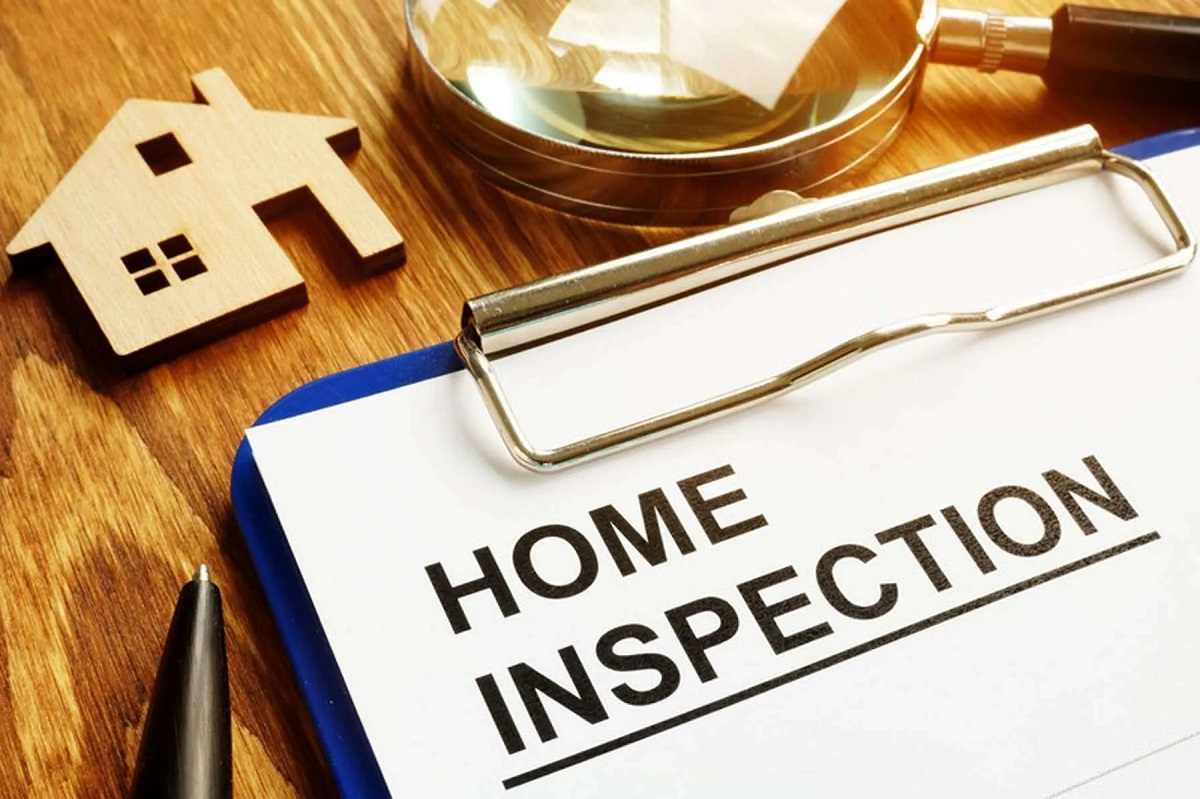
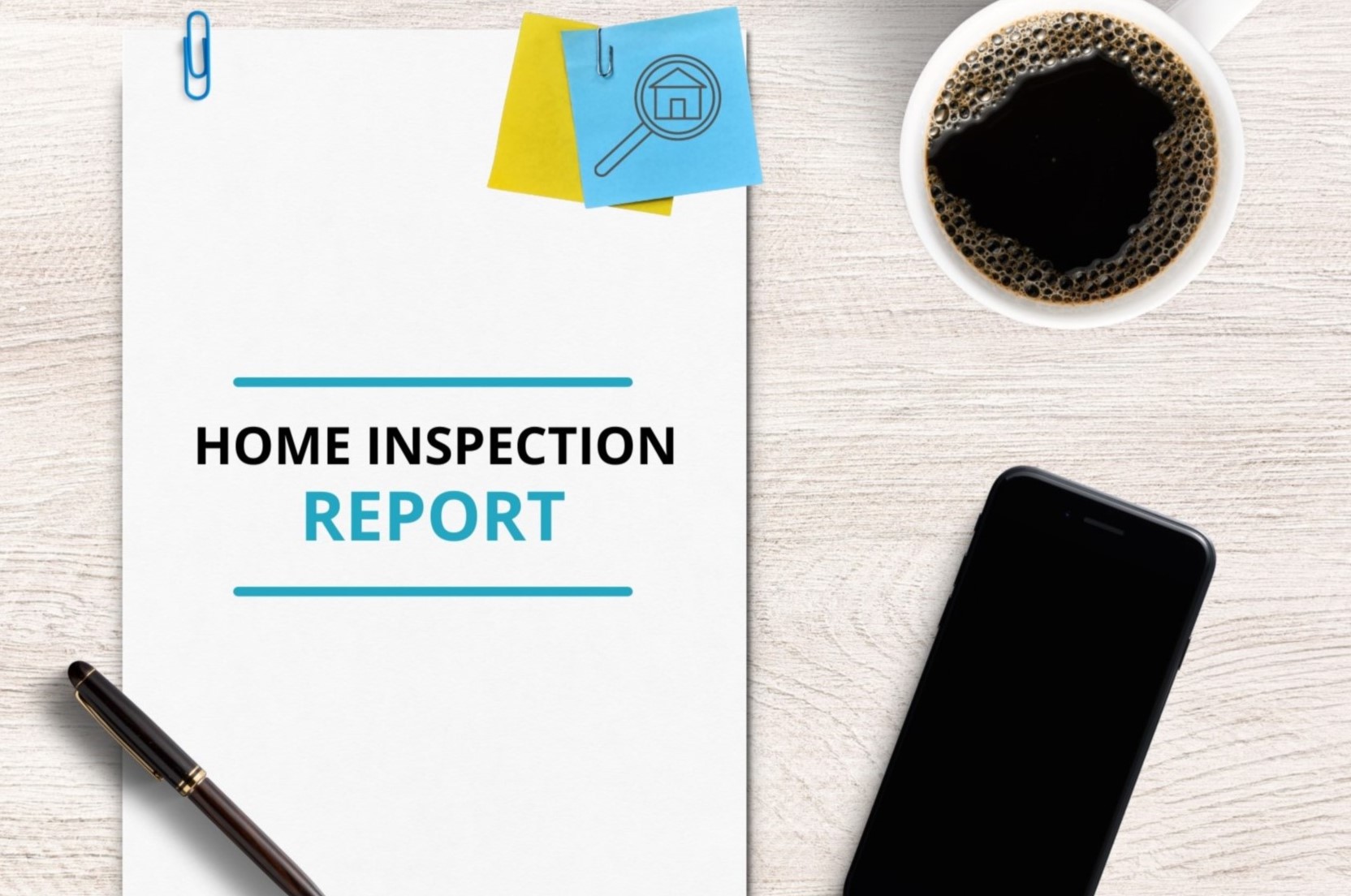

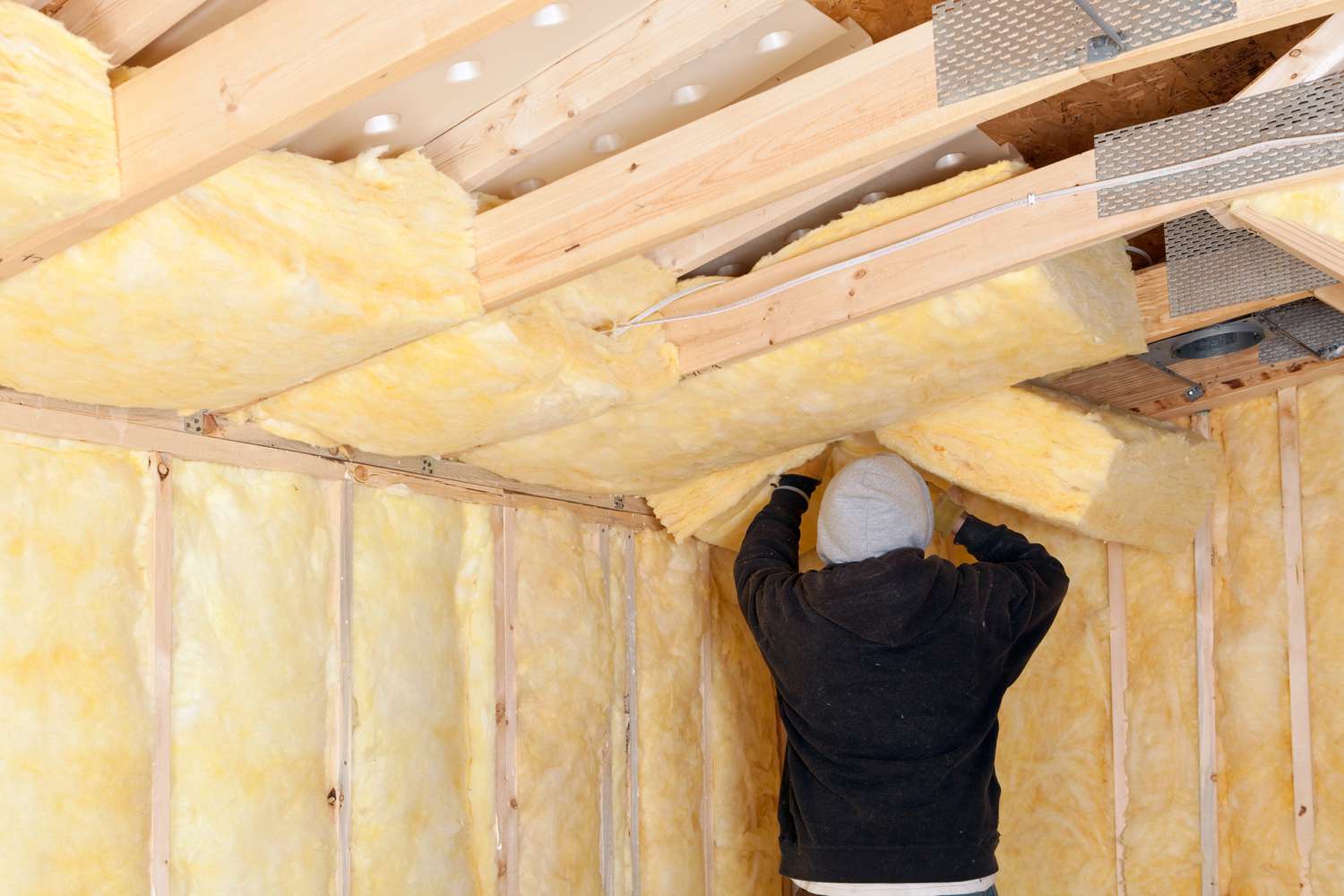
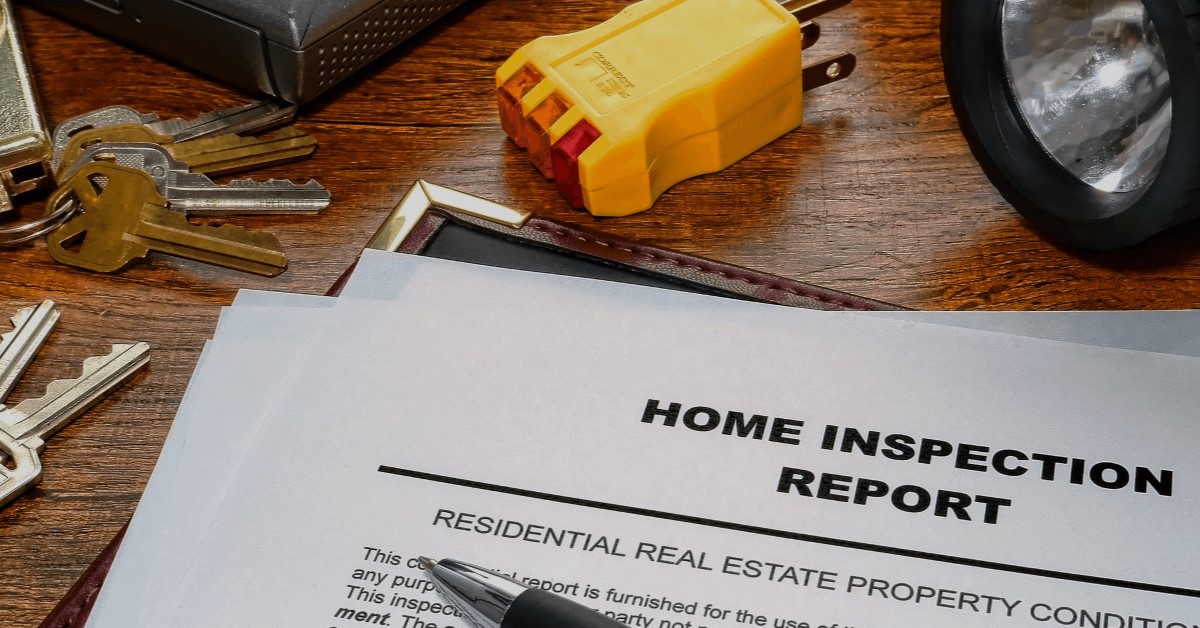

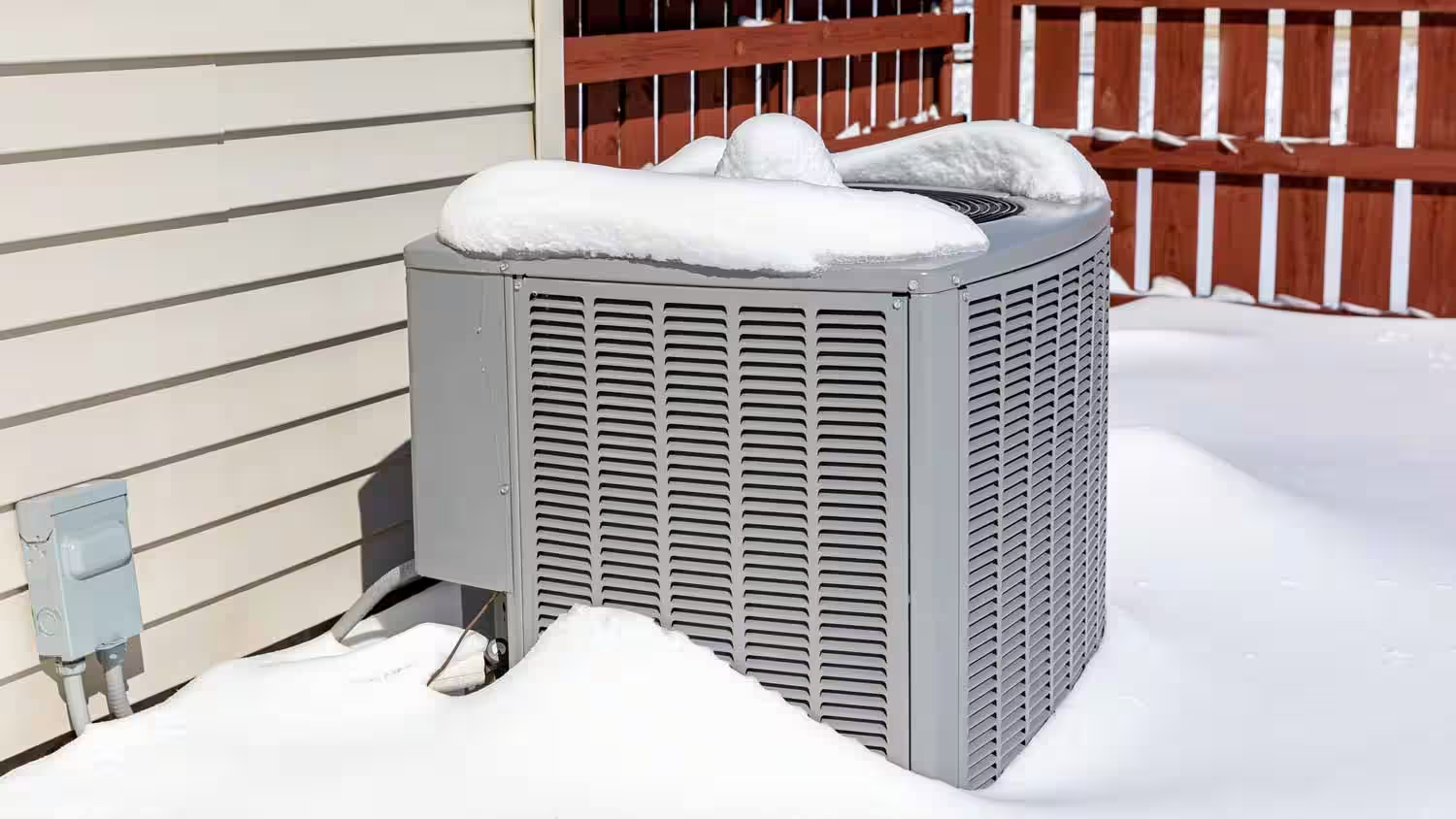


0 thoughts on “How Long Does Home Inspection Report Take”